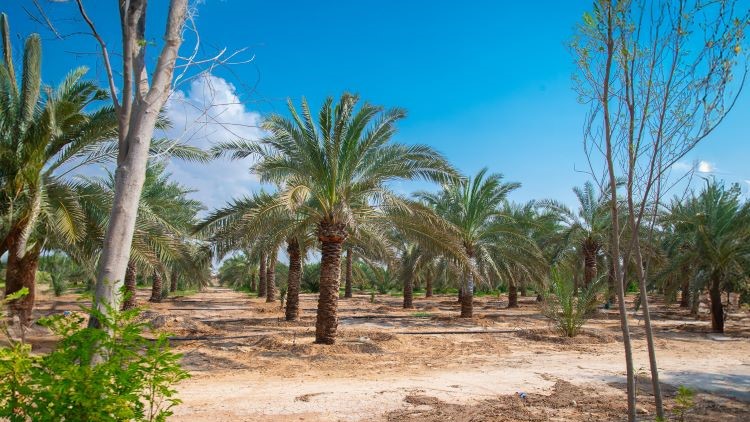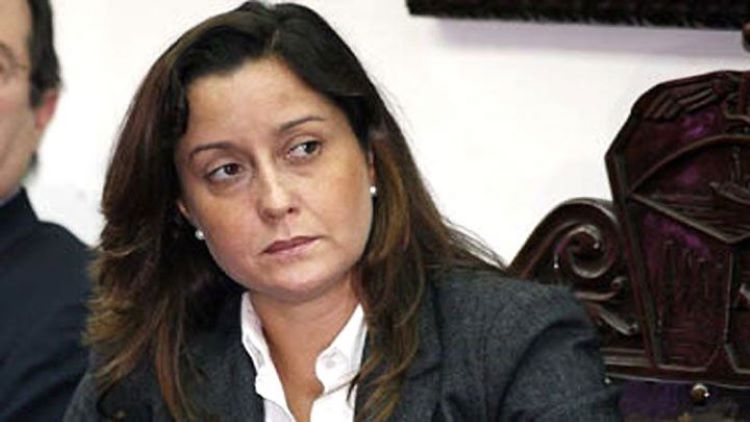Eduardo González
The Spanish Agency for International Development Cooperation (AECID) is going to finance an international project to promote the transformation of desert areas into productive and arable lands in Egypt.
“Combining economic development, job creation and environmental sustainability is the purpose of the Innovative Desert Agriculture for Resilient Livelihoods project, which will be carried out in Egypt by the International Center for Agricultural Research in Arid Zones (ICARDA, for its acronym in English) with financing from the Spanish Agency for International Development Cooperation,” the AECID reported this week through a press release.
ICARDA is an international development research organization working to find innovative, science-based solutions for countries in non-tropical dry areas to reduce poverty and improve food, water and nutritional security and environmental health, to global challenges, such as climate change.
The initiative, whose budget amounts to 500,000 euros over two years, will promote the adoption of integrated and sustainable agriculture in desert areas by farmers, private agents and government institutions, combining organic and conventional farming techniques with innovative practices. More than 2,500 farmers from the governorates of Aswan, Sohag, Qena, Beheria and New Valley will directly benefit from the project, according to AECID.
“Efficient water management, the selection of climate-smart crops and the optimization of the use of arable land will contribute to combating the effects of recurrent droughts, salinity and inadequate farms, maximizing agricultural productivity while minimizing the environmental impact and improving water sustainability, energy efficiency and nutritional security,” it continued.
This is the first initiative of its kind that AECID finances in Egypt, “within the framework of a determined and new push for actions focused on development that combines both economic and environmental aspects,” it concluded.






